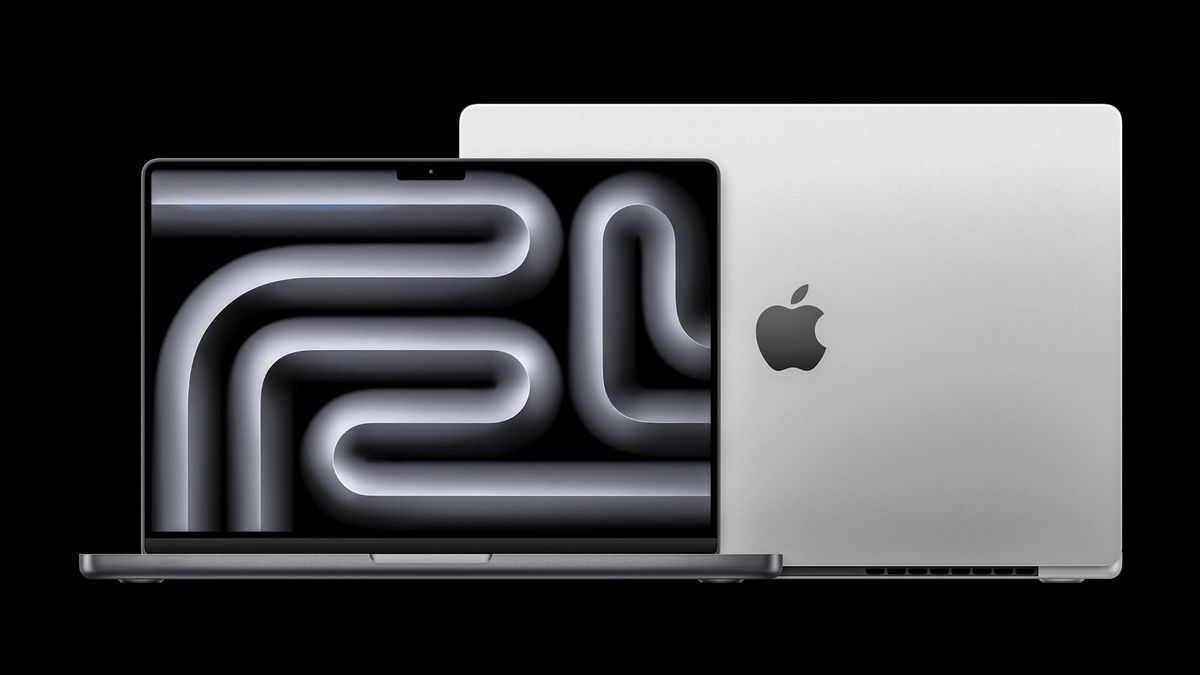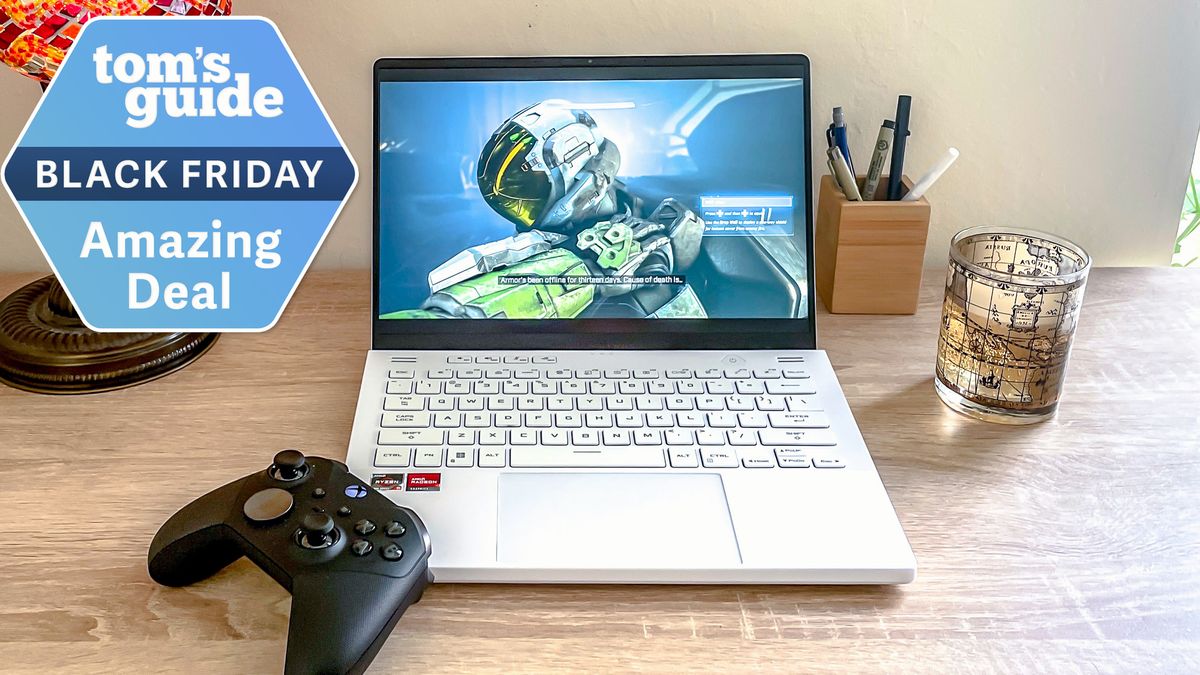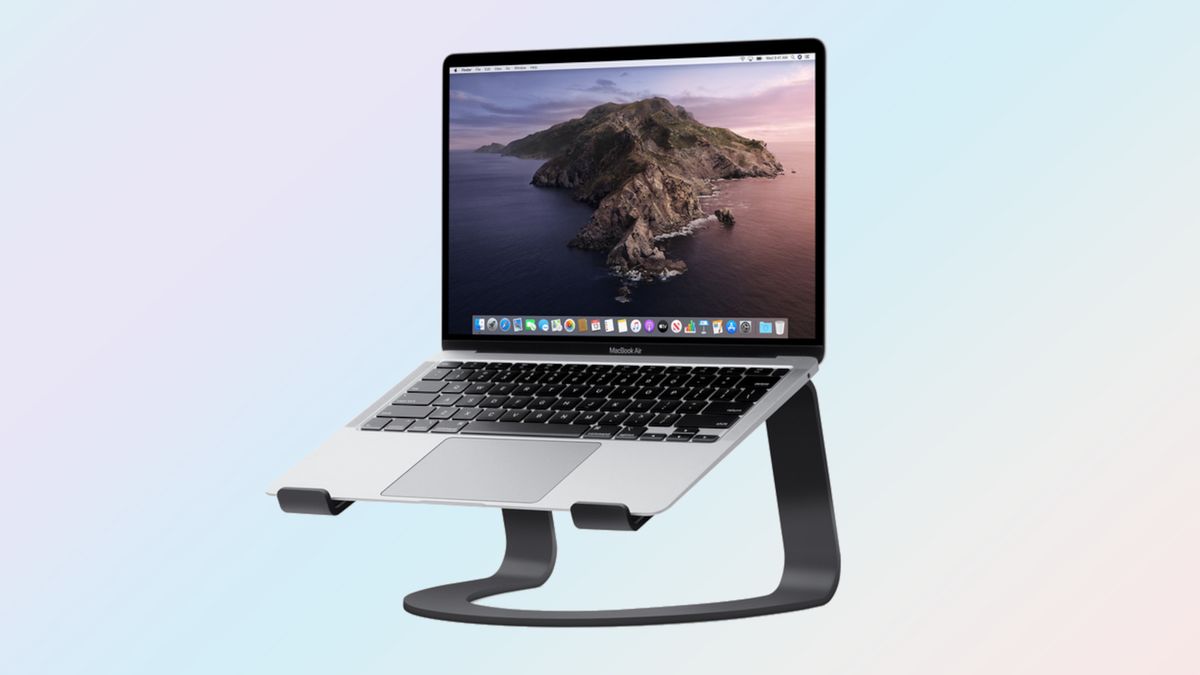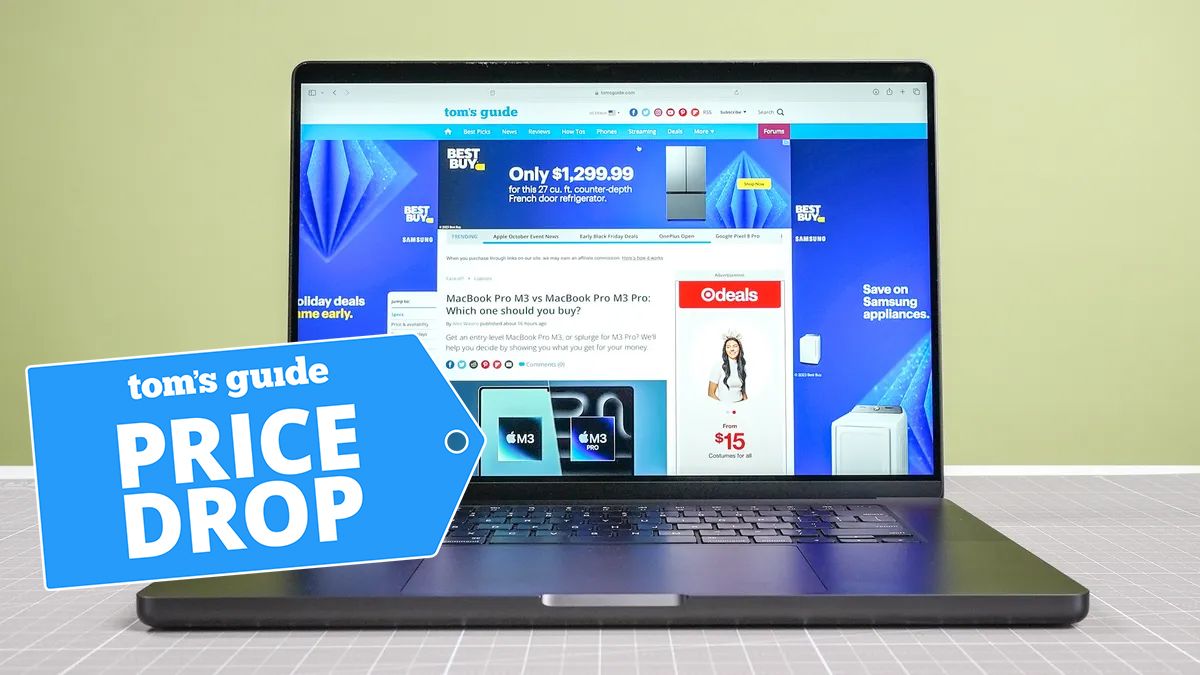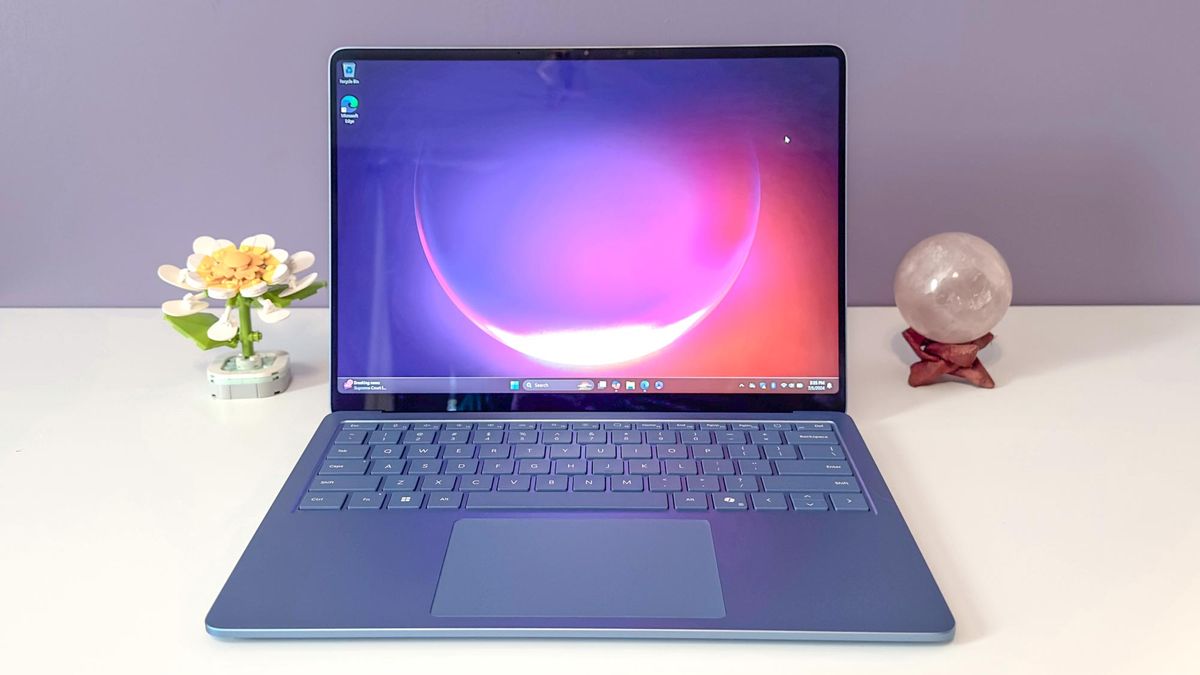



Copilot+ PCs look set to be the first real challenger to the prowess of Apple MacBooks, but one of their key new features is getting a delay due to security experts warning it could be a “disaster.”
In a blog update, Microsoft announced that its controversial Recall AI feature, allowing users to search and retrieve any items you’ve seen while using the PC, will be delayed to “ensure the experience meets our high standards for quality and security.”
That means one of the headline features, which was apparently developed in secret, will not make its grand debut for what I called the company’s “M1 moment”. Let’s get into why.
Doing the hacker’s job for them

So let’s play a game – I’ll go through the specifics of how Recall works, and you stop me when you notice the huge privacy scare that everybody has. On the face of it, this is an awesome feature: providing the personal context needed for an on-board AI assistant to be actually useful and bring up details from the past that your mind may be foggy about.
To do this, Recall takes screenshots of your screen as you use the device and stores them in a searchable database that the PC can recall (get it?) and answer questions about hard to find files, emails and even your browsing history… Did you see it? Allow me to put it in all caps – RECALL TAKES SCREENSHOTS OF YOUR SCREEN AND STORES THEM IN A SEARCHABLE DATABASE.
Security experts have been wetting their collective underpants about this potential exposure of personal data. I mean what would happen if a bad actor managed to get into your system with trojan malware? Kevin Beaumont pointed to this on X – saying that with remote access, a hacker could gain access to Recall and get a helping hand from Microsoft’s own tech to gather your sensitive data.
Re the second paragraph in this BBC News piece about Copilot+ Recall – I don’t know if it’s a BBC error or a Microsoft misstatement, but the line is not true. If you gain remote access to a device running Recall (eg a trojan) you can access Recall.https://t.co/ebGjiVyVsI pic.twitter.com/QDMRC0xuudMay 23, 2024
Microsoft’s fighting back

That’s not to say Microsoft is taking this lying down. In the same blog, the Redmond crew highlighted a few key changes to the way Recall works to “improve privacy and security safeguards.” These are:
- Make Recall opt-in instead of being on by default
- Make Windows Hello enrollment mandatory for it, so you need to be in front of your PC to access the timeline
- Encrypt the database of screenshots taken and add enhanced sign-in security so that said screenshots will only be accessible when a user authenticates
Internally, developers have been working frantically to get this done and dusted for the June 18th launch, but this delay shows that more work is definitely needed to retool recall with these safety guards.
What’s left for your Copilot+ PC to do?

So with Microsoft’s headline Copilot+ PC feature recalled for now, what is the point of these beefier NPUs and new arm based systems, courtesy of Computex 2024 best in show Snapdragon X Elite chipset?
Luckily, there are still some features that you can take advantage of. Namely, that horsepower under the hood. In our own testing of Snapdragon X Elite and X Plus chipsets at Qualcomm’s various events, we’ve seen impressive results on benchmarks showing this to be a formidable foe to Apple’s M3 MacBook Air. However, these were just in reference models, and you’ll have to wait and see how the final machines perform.
On top of that, some other features will be coming over that Computing Editor Alex Wawro tested – namely Cocreator in Paint, Live captions for real-time translations across videos and meetings, and improved Windows Studio effects.
There are also a bunch of third-party apps starting to take advantage of this expanded AI power, too. For example, Adobe will utilize it more efficiently for generative features across its whole creative suite, Magic Mask in DaVinci Resolve (using AI to identify subjects that can walk in front of floating text) has been accelerated with the NPU, and background removal in CapCut is dramatically faster.
This is all a good start, and without breaking any embargoes, I can say that there is definitely a lot to look forward to in terms of performance and power efficiency. But you won’t necessarily see the fruits of this for a while to come — it will still feel like your standard Windows 11 PC with Copilot features here and there rather than a fully AI-baked OS. To paraphrase Mark Spoonauer when he reviewed the Apple Vision Pro, this is very much a “revolution in progress.”


